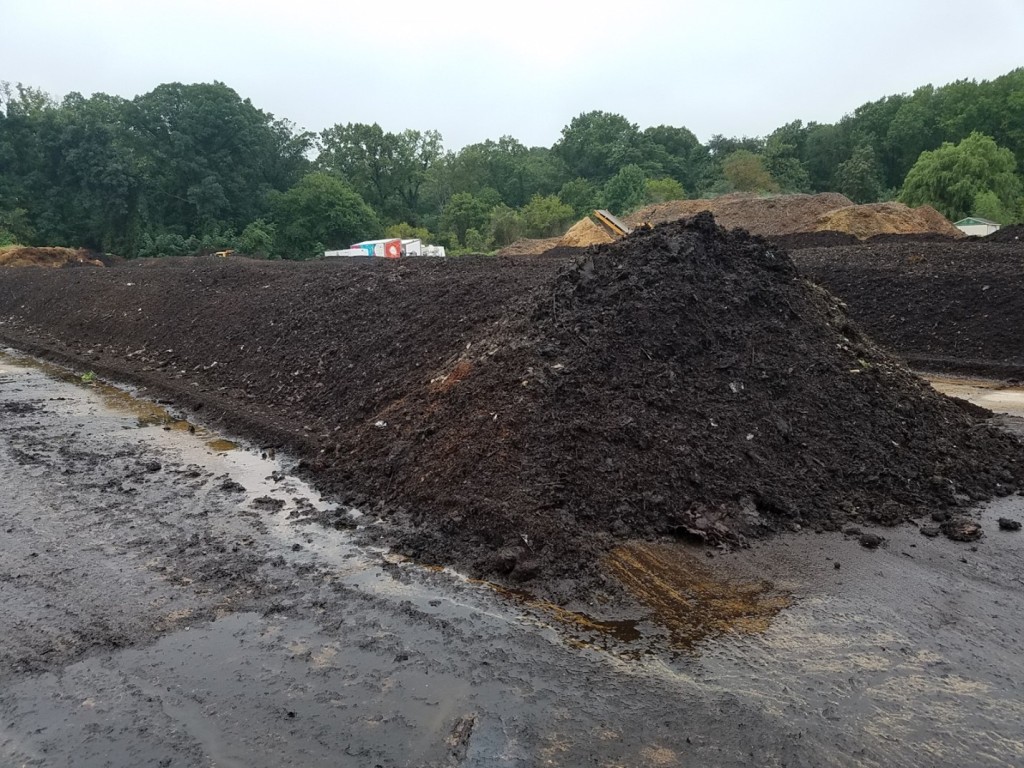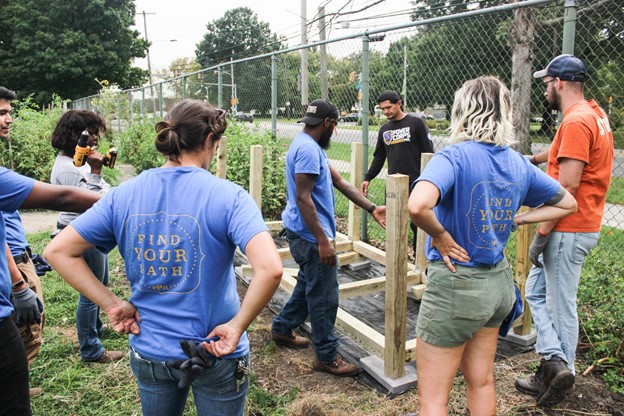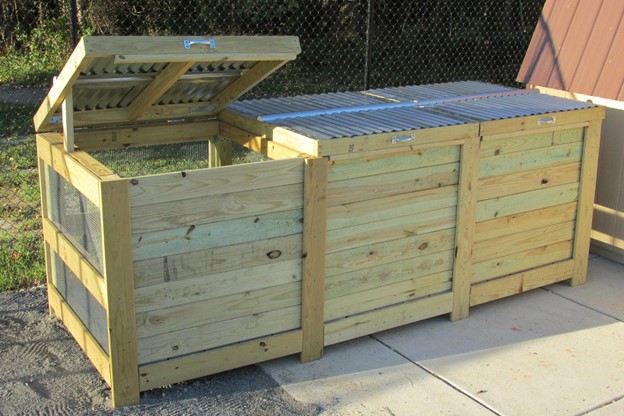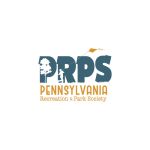Room for Growth: Composting In Our Parks & Recreation Systems Is a No-Brainer!
July 5, 2021 | Daniel Lawson | Philadelphia Parks & Recreation

In 2019 I hopped into a 5-minute slot in the department’s bi-weekly Program meeting. “I just want to clarify because there’s been some confusion out there – we do in fact have TWO new compost initiatives, we’ve been asking folks to participate in either or both, and they are in fact different from one another.” I speed-talked through the next four minutes trying to get the information out as clearly as possible. It’s even more confusing when I present to external audiences and explain to them there are actually three compost initiatives Philadelphia Parks & Recreation is working on.
A full Organics Feasibility Study conducted by MSW Consultants in 2018 revealed that 32.8% of the city’s waste stream by weight is some organic material. That’s food scraps, yard waste, and compostable paper. If you’re already into the wild world of waste, that isn’t a huge surprise, but another interesting fact is that the combination of glass, metals, plastics, and other paper, not all of which are recyclable in municipal systems, is just about 34% of the stream. Equipped with that knowledge, we have to ask ourselves “is there a huge opportunity to activate here?” And as park and recreation professional “how can we be part of the solution?”
For around four decades, PPR has operated the Fairmount Park Organic Recycling Center. The 16-acre facility processes wood waste, yard waste, and manure for City departments, residents, and the private world. The products include variations of mulch as well as compost free to residents and at a cost to private entities.
In late 2020, PPR entered a public-private partnership with Bennett Compost providing the local business space to operate their compost operation at an old park maintenance facility land in exchange for collections of food scraps from recreation centers across the system and a percent of finished compost donated back to PPR urban agriculture programs. What’s the impact there? With over 150 programmed recreation facilities across the city, and nearly 3 million meals served via all those programs per year, food scraps and waste management is an ever present issue in the system. First weigh the basic economic benefit to the City’s budget of removing that from the waste stream, plus the environmental benefit of keeping that material out of the landfill. Now add the fact that unlike a bale of aluminum that travels off to some distant location, possible overseas, the recycled product from composting can actually be used locally. Community residents, including park users, can use that product to restore their lawn, or start a new garden, or grow food.

Finally, 2020 also saw the birth of that other new compost program: the Community Compost Network. The most grassroots of PPR’s compost programs, CCN puts the ownership in the hands of community groups like neighborhood farms, gardens, and park groups. After constructing and delivering a standardized three-bin system to the site, PPR trains the group on proper operation and best practices. There’s even a CCN manual in the works that can be used by Network members and residents who want a little DIY alike. And what’s unique about these initiatives being based out of a park and rec system? Think of the generation of young Philadelphians who will be exposed to the practice of composting in their tot program or their afterschool space. How about the neighbors who are finally getting a new resource to be self-sufficient and resilient from a city park program. What better place to learn how to benefit their community and their environment?


